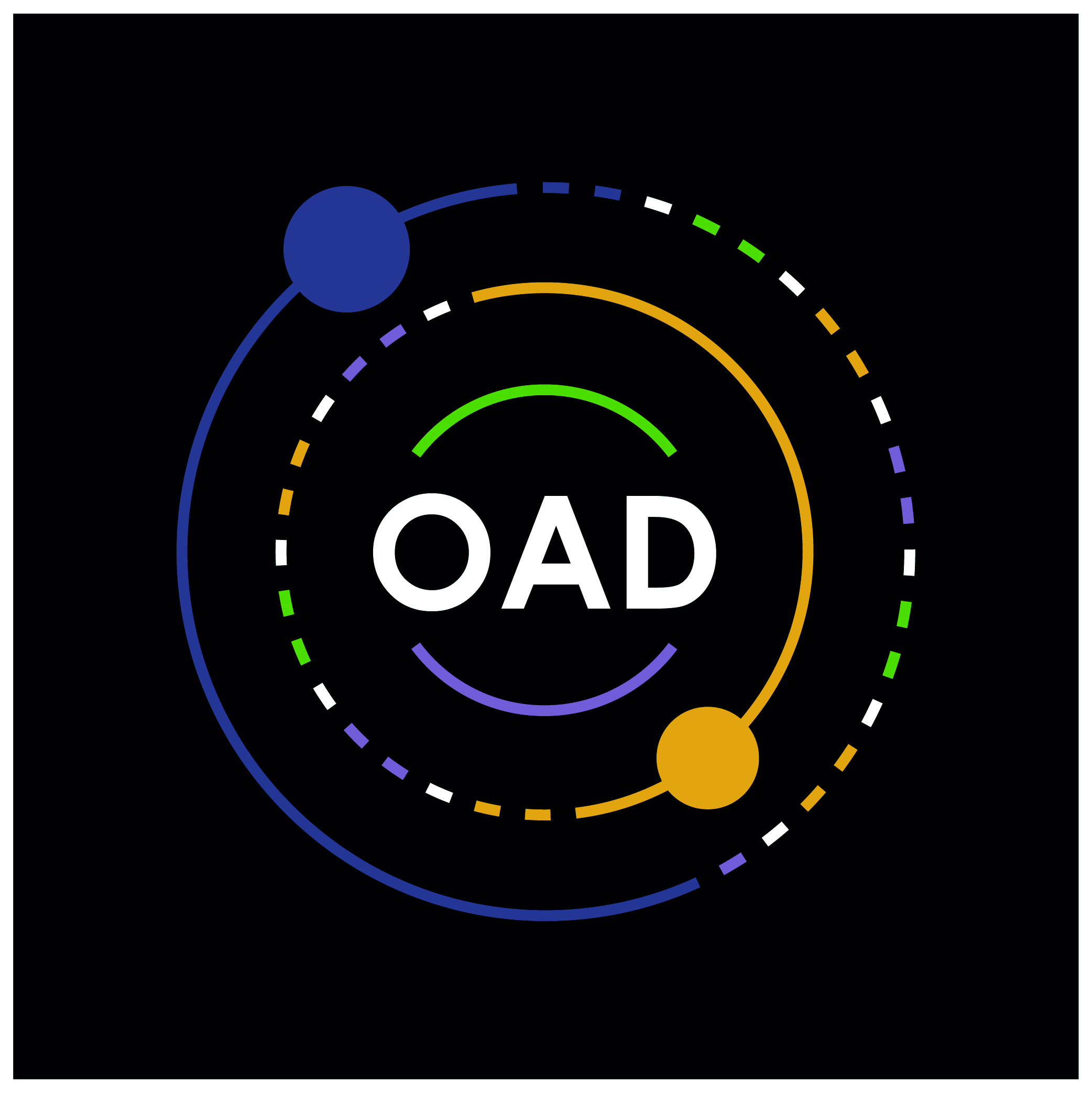All children have a right to a high-quality education and equitable access to educational opportunities, regardless of their ethnicity, religion, or socioeconomic condition. Through informal physics and astronomy-related blended learning encounters, “Astro-Phy Quench” has engaged the students from marginalized and underprivileged backgrounds to develop science identity.
The project engaged a) secondary and higher secondary school students in remote locations and b) students in conflict affected areas (due to war on terror) of Pakistan. Students were introduced to astronomy through online robotic telescopes in Chile and Canary Islands. They completed missions on the lunar phases, four giant planets, and our closet star. Some of the students with access to internet at home are exploring way beyond our planned scope. They developed a range of skills and expanded their knowledge of astronomy.
Students were given an introduction to particle physics and engaged in hands-on model making of CERN’s LHC ATLAS Detector. They built a 3D printed and straw model of ATLAS detector learning how these large research facilities are advancing our understanding about the universe. Finally, the students presented and displayed their models to the school staff and their peers as part of a post-activity designed to improve their soft skills like teamwork, communication etc.
Activities:
Preparatory activities
• Conducted a pre-survey
• Primer lessons on Introduction to astronomy, online telescopes, observatories and in particular Chile & Canary Island observatories.
• Orientation session, to introduce students to features available on Slooh, an online telescope platform and how to use it for scheduling missions of astronomical objects.
• Registering students on SLOOH platform
• Introduction to Basic astronomical terms
Orientation and planning sessions with the school administration
This online session was conducted for the school Principals, Vice principals, science and ICT teachers of the school chain in remote regions of Pakistan. SLOOH, an online telescope, was used to introduce astronomy to the school administration. They were given insights on the type of work that students will be undertaking on this platform. They were also given an outline of the SDG objectives and how astronomy contributes to economic growth.
Underprivileged schools in Islamabad:
In person meetings were done with the school principal and one teacher in charge at two schools in Islamabad.
Online engagement of the students in remote regions:
Introduction to astronomy, online telescope and quests (activities) on this platform was done in three guiding sessions for the students in of different campuses.
Students completed the following quests. 1. Orientation quest, 2.closest star 3.Giant planets 4. Lunar phases. In each quest, the students were introduced to a particular celestial object with reading materials and videos. Using SLOOH telescope they acquired real time images of Sun, four giant planets & seven different lunar phases. These images were posted on the Slooh community board.
ATLAS Detector- Introductory session on particle physics and ATLAS detector
b) In person engagement
• At school campus in Gilgit, a hands on session was conducted in the school lab using online telescope with upper secondary school students. A meeting was held with school’s STEM advocates to learn about their progress on SLOOH.
• At school campus in Gahkuch, Ghizer District, we interacted with more than 100 high school students of both genders. These students were introduced to light and its application in synchrotron and astronomical research. They were further provided an overview on how research could be conducted at one of the light synchrotron facilities.
• At school campus in Sherqilla, Ghizer District, secondary school students of both genders were given an overview on the online telescope and its usage.
• At school campus in Hunza, a session on online telescope was conducted for students of grade 8 and 9. Students of grade 11 and 12 were given a presentation on a hands on activity of CERN’S ATLAS detector model. This was followed by a session on hands-on model making of ATLAS Detector. A staff member of the Abdus Salam International Centre for Theoretical Physics (ICTP) gave an inspirational talk on education and career opportunities for students from developing countries.
Activities conducted with the students in Islamabad
a) In person engagement: Night sky observations and Hands –on online telescope activity with girls of grade 6, 7 and 8
Activities with STEM Ambassadors
• To empower STEM Ambassadors of the project (three undergrad girl students) in-house, online and in person meetings were conducted with them on different agendas.
• In a virtual meeting with the education project manager of the Las Cumbres Observatory, we had a discussion on the problems faced while scheduling an astronomical observation and on utilizing LCO for near earth asteroids research.
• STEM ambassadors were encouraged to write blogs to share the experience of the activities.



